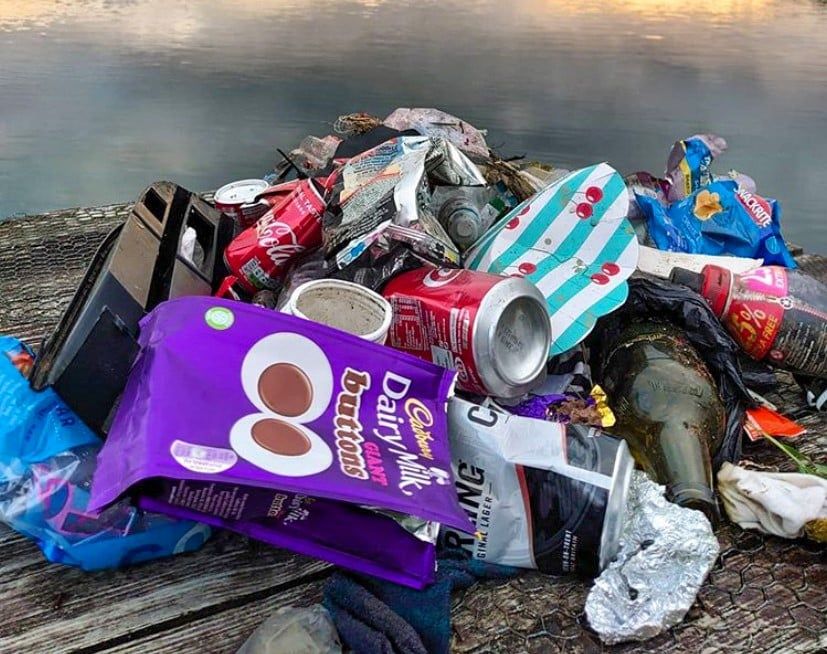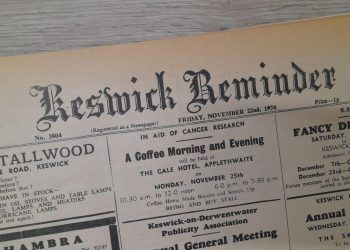
A quarter of all visitors to the Lake District admit to leaving litter behind – with more than half expecting to find litter bins even in the remotest valleys and fells.
Meanwhile a new survey by Keep Britain Tidy has also revealed that some people think that if they drop litter in Lakeland beauty spots someone else will come and pick it up.
The poll, commissioned by Friends of the Lake District, comes after an unprecedented summer in which complaints about littering and anti-social behaviour in the national park have rocketed.
Friends of the Lake District policy officer Dr Kate Willshaw said: “If you extrapolate the survey over the 20 million visitors who visit the Lake District every year, that is five million people leaving rubbish.
“It certainly feels like that at the moment.
“We have seen unprecedented amounts of litter and waste left behind by visitors, including laughing gas canisters, leftover food, broken glass, toilet waste, condoms, and whole encampments.
“Other issues included fly-camping, vandalism to trees and dry stone walls, and use of disposable barbeques, posing a fire risk.”
Dr Willshaw said the survey, which also revealed that one in four visitors had never heard of the Countryside Code, was commissioned because it was important to find out who the litterers are and why, so their behaviour could be changed.
Keep Britain Tidy has also come up with a 10-point plan to address the litter, waste and anti-social behaviour issues, which includes:
- Using social media to highlight the number of people who visit the park and leave no trace.
- Putting up messages at gateways like railway stations and main roads to create a feeling that visitors are now entering a different type of natural environment to those they might typically visit.
- Producing a “How to leave no trace” guide, with quick, simple, practical tips for planning your visit to the Lake District and how to leave no trace when you leave.
- Introducing “Last bin until” message boards in car parks, town centres, and other locations.
The plan also suggests using humorous messaging to communicate that no one is coming by to clear up their litter.
“We know that people are more likely to respond to and remember messaging that they find amusing,” Dr Willshaw said.
“This could take on a variation of Keep Britain Tidy’s ‘there’s no such thing as the dog poo fairy’ to emphasise that no one is employed to remove litter in the national park.”
The research has been shared with local authorities who it is hoped will trial many of the key recommendations.
This week, the Lake District National Park Authority launched a series of anti-litter posters produced as part of a limited trial.








